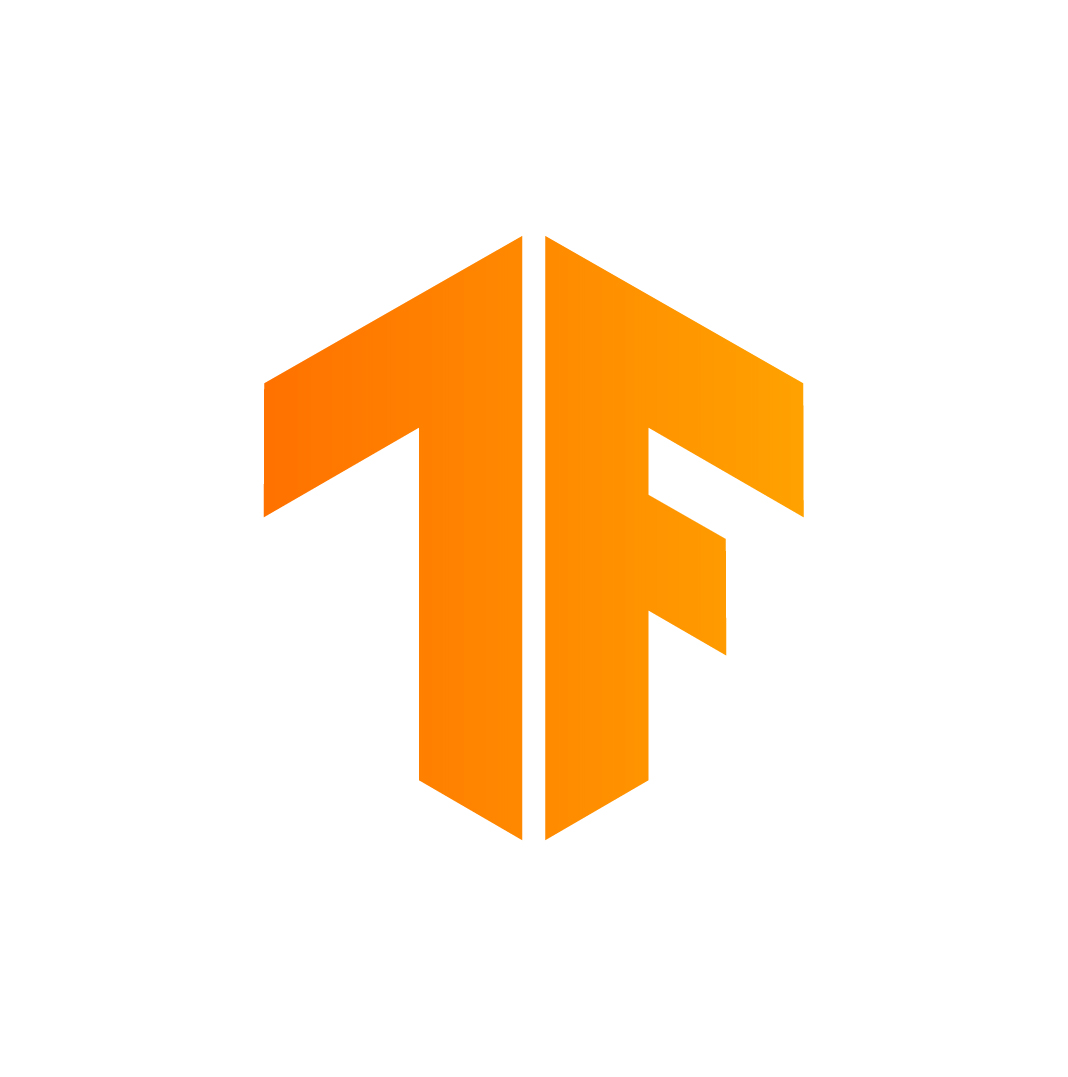https://github.com/google-research/batch-ppo
Efficient Batched Reinforcement Learning in TensorFlow
https://github.com/google-research/batch-ppo
artificial-intelligence control multi-processing python reinforcement-learning tensorflow vectorized-computation
Last synced: 11 months ago
JSON representation
Efficient Batched Reinforcement Learning in TensorFlow
- Host: GitHub
- URL: https://github.com/google-research/batch-ppo
- Owner: google-research
- License: apache-2.0
- Created: 2017-09-08T18:14:29.000Z (over 8 years ago)
- Default Branch: master
- Last Pushed: 2019-01-11T04:47:24.000Z (about 7 years ago)
- Last Synced: 2025-04-01T16:16:59.784Z (11 months ago)
- Topics: artificial-intelligence, control, multi-processing, python, reinforcement-learning, tensorflow, vectorized-computation
- Language: Python
- Homepage:
- Size: 147 KB
- Stars: 966
- Watchers: 67
- Forks: 147
- Open Issues: 5
-
Metadata Files:
- Readme: README.md
- Contributing: CONTRIBUTING.md
- License: LICENSE
Awesome Lists containing this project
README

Batch PPO
=========
This project provides optimized infrastructure for reinforcement learning. It
extends the [OpenAI gym interface][post-gym] to multiple parallel environments
and allows agents to be implemented in TensorFlow and perform batched
computation. As a starting point, we provide BatchPPO, an optimized
implementation of [Proximal Policy Optimization][post-ppo].
Please cite the [TensorFlow Agents paper][paper-agents] if you use code from
this project in your research:
```bibtex
@article{hafner2017agents,
title={TensorFlow Agents: Efficient Batched Reinforcement Learning in TensorFlow},
author={Hafner, Danijar and Davidson, James and Vanhoucke, Vincent},
journal={arXiv preprint arXiv:1709.02878},
year={2017}
}
```
Dependencies: Python 2/3, TensorFlow 1.3+, Gym, ruamel.yaml
[paper-agents]: https://arxiv.org/pdf/1709.02878.pdf
[post-gym]: https://blog.openai.com/openai-gym-beta/
[post-ppo]: https://blog.openai.com/openai-baselines-ppo/
Instructions
------------
Clone the repository and run the PPO algorithm by typing:
```shell
python3 -m agents.scripts.train --logdir=/path/to/logdir --config=pendulum
```
The algorithm to use is defined in the configuration and `pendulum` started
here uses the included PPO implementation. Check out more pre-defined
configurations in `agents/scripts/configs.py`.
If you want to resume a previously started run, add the `--timestamp=
To visualize metrics start TensorBoard from another terminal, then point your
browser to `http://localhost:2222`:
```shell
tensorboard --logdir=/path/to/logdir --port=2222
```
To render videos and gather OpenAI Gym statistics to upload to the scoreboard,
type:
```shell
python3 -m agents.scripts.visualize --logdir=/path/to/logdir/
Modifications
-------------
We release this project as a starting point that makes it easy to implement new
reinforcement learning ideas. These files are good places to start when
modifying the code:
| File | Content |
| ---- | ------- |
| `scripts/configs.py` | Experiment configurations specifying the tasks and algorithms. |
| `scripts/networks.py` | Neural network models. |
| `scripts/train.py` | The executable file containing the training setup. |
| `algorithms/ppo/ppo.py` | The TensorFlow graph for the PPO algorithm. |
To run unit tests and linting, type:
```shell
python2 -m unittest discover -p "*_test.py"
python3 -m unittest discover -p "*_test.py"
python3 -m pylint agents
```
For further questions, please open an issue on Github.
Implementation
--------------
We include a batched interface for OpenAI Gym environments that fully integrates
with TensorFlow for efficient algorithm implementations. This is achieved
through these core components:
- **`agents.tools.wrappers.ExternalProcess`** is an environment wrapper that
constructs an OpenAI Gym environment inside of an external process. Calls to
`step()` and `reset()`, as well as attribute access, are forwarded to the
process and wait for the result. This allows to run multiple environments in
parallel without being restricted by Python's global interpreter lock.
- **`agents.tools.BatchEnv`** extends the OpenAI Gym interface to batches of
environments. It combines multiple OpenAI Gym environments, with `step()`
accepting a batch of actions and returning a batch of observations, rewards,
done flags, and info objects. If the individual environments live in external
processes, they will be stepped in parallel.
- **`agents.tools.InGraphBatchEnv`** integrates a batch environment into the
TensorFlow graph and makes its `step()` and `reset()` functions accessible as
operations. The current batch of observations, last actions, rewards, and done
flags is stored in variables and made available as tensors.
- **`agents.tools.simulate()`** fuses the step of an in-graph batch environment
and a reinforcement learning algorithm together into a single operation to be
called inside the training loop. This reduces the number of session calls and
provides a simple way to train future algorithms.
To understand all the code, please make yourself familiar with TensorFlow's
control flow operations, especially [`tf.cond()`][tf-cond],
[`tf.scan()`][tf-scan], and
[`tf.control_dependencies()`][tf-control-dependencies].
[tf-cond]: https://www.tensorflow.org/api_docs/python/tf/cond
[tf-scan]: https://www.tensorflow.org/api_docs/python/tf/scan
[tf-control-dependencies]: https://www.tensorflow.org/api_docs/python/tf/control_dependencies
Disclaimer
----------
This is not an official Google product.